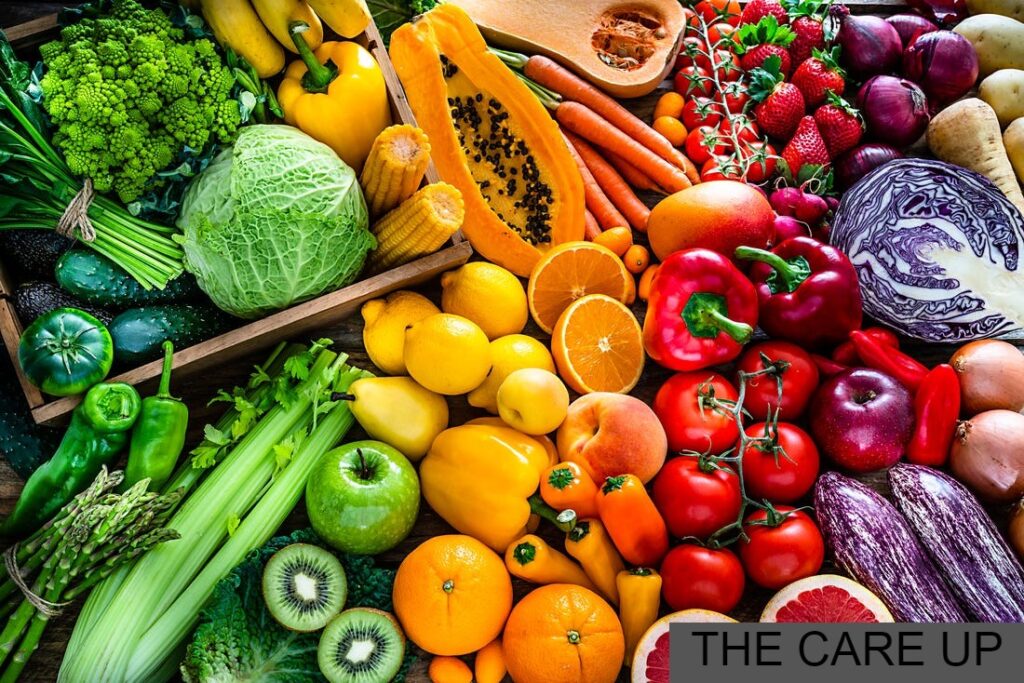When it comes to fighting viruses, precautions such as washing your hands and avoiding illnesses are important. But experts say that boosting immunity can give you the benefits of staying healthy. Here are five smart steps to add to your to-do list.
Stay active
Dr. Jenkins / Pokempner, director of the Department of Preventive and Alternative Medicine at the University of Michigan Medical Center, says exercise is a powerful way to strengthen immunity. Said Mark Moad. Exercise causes the body’s antibodies and white blood cells to spread faster. This means you can detect and target viruses faster. Maintaining activity in this way reduces stress hormones and reduces the chances of getting sick, says Mojado.
Studies show that the effects of exercise may be directly related to the fight against the virus. Of the 1,002 people surveyed, a recent study published in the British Journal of Sports Medicine found that people who exercise five times a week are half as likely to catch a cold than those who are inactive. When they got cold, they showed mild symptoms. Also, sweat can have a protective effect. Studies have shown that increased body temperature can kill bacteria.
However, the key to exercise is to do it moderately. “Like others, there are sweet spots. Excessive intake puts a lot of stress on your body and weakens your immune system, ”explained Moad, who exercised for 30-60 minutes. Or moderate exercise) is recommended. Almost everyone. Those are the days.
Be careful in your diet
“80% of the immune system is in the gut, so if it is healthy, we will be able to fight infections faster and better,” says Dr. Klein, of the Cleveland Clinic’s Integrative Medicine Center. Yufang Lin explains. To be done. That is, our immunity is weak and our ability to fight infections is low. “
In general, Lynn recommends focusing on the Mediterranean food style. This means a diet of healthy fats in fruits, vegetables, whole grains, and foods such as fatty fish, nuts, and olive oil. “This diet is rich in nutrients such as vitamin C, zinc, and other antioxidants. These nutrients help reduce inflammation and fight infections,” he said. Explains. A 2018 study found that people aged 65 to 79 who continued the Mediterranean diet took 400 IU of vitamin D as a daily supplement and showed a slight increase in fighting cells, such as T cells. In Physiology of Adult (English) Publication Physiology.
Lynn says restricting meat, especially fried and processed foods, is a major cause of inflammation. “Generally, I recommend whole foods,” he says. In addition, fermented foods such as yogurt, sauerkraut, miso and kefir help spread the beneficial bacteria in the gut and promote good bacteria in the gut, so it is best to include it in your daily diet. Healthy immunity, Lynn explains.

Be careful with stress
There is a strong link between immune health and mental health. “When you have chronic stress or anxiety, the body produces stress hormones that suppress the immune system,” Moad said. A study at Carnegie Mellon University found that stressful individuals were more likely to develop a cold.
In a study published in the minutes of the National Academy of Sciences, 276 healthy adults succumbed to the cold virus and had restriction for five days. Stressed people are more likely to produce cytokines, molecules that cause inflammation, and twice as likely to become ill. Also, people who are stressed are less likely to pay attention to other healthy habits that affect their immunity, such as eating well and getting enough sleep, Lynn added. I am.
You can’t avoid the stress of life, but you can adopt strategies that help you manage it better. A 2012 study published in the Annals of Internal Medicine found that adults over the age of 50 were more likely to develop respiratory infections than subjects who exercised daily and practiced mindfulness meditation. Was found to be low. From the control group, and when they fell ill, they lost their jobs in fewer days.
Sleep well
Sleep is another natural boost for the immune system. “The immune system is like a computer. You need a break to avoid overheating, ”explains Moad. Restarts the sleep system. “
In the case of insomnia, the body produces stress hormones, such as cortisol, to wake up and suppress immunity. The 2019 study found people sleeping for 8 hours
 The Care Up
The Care Up




